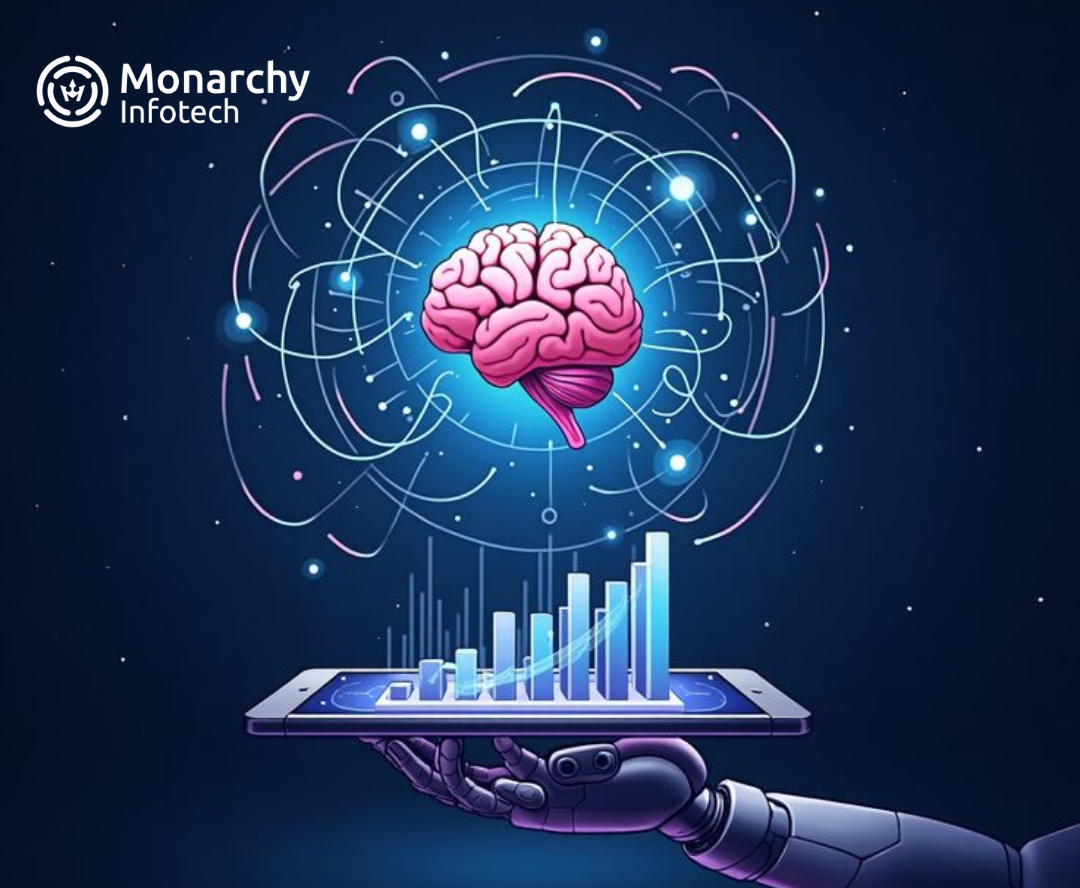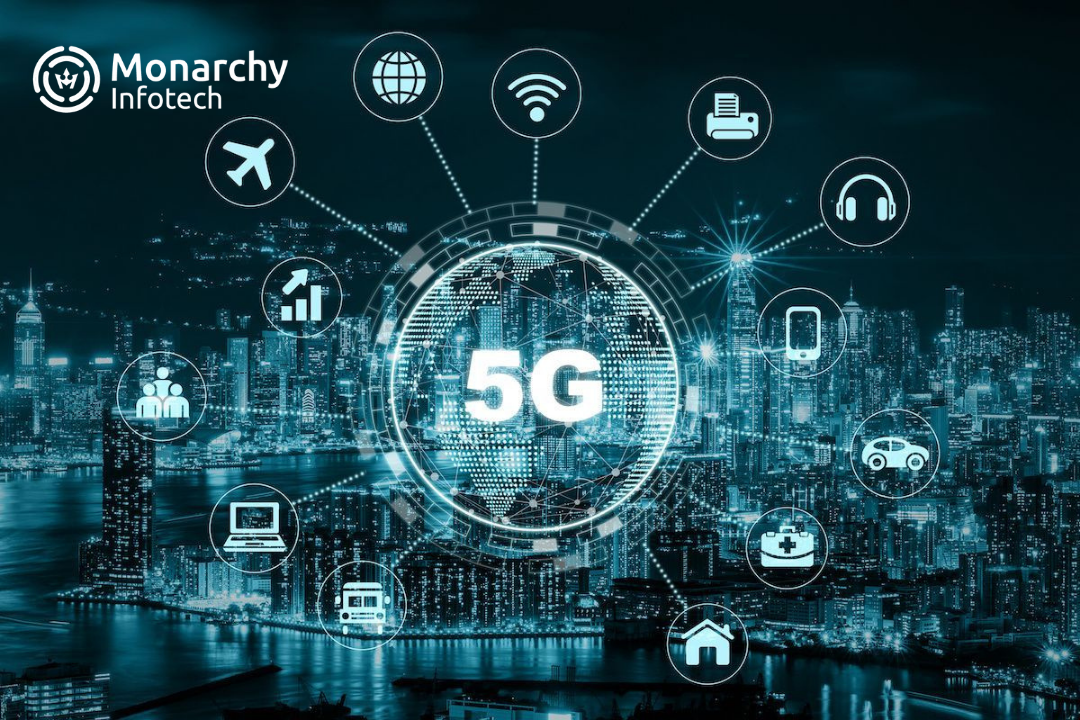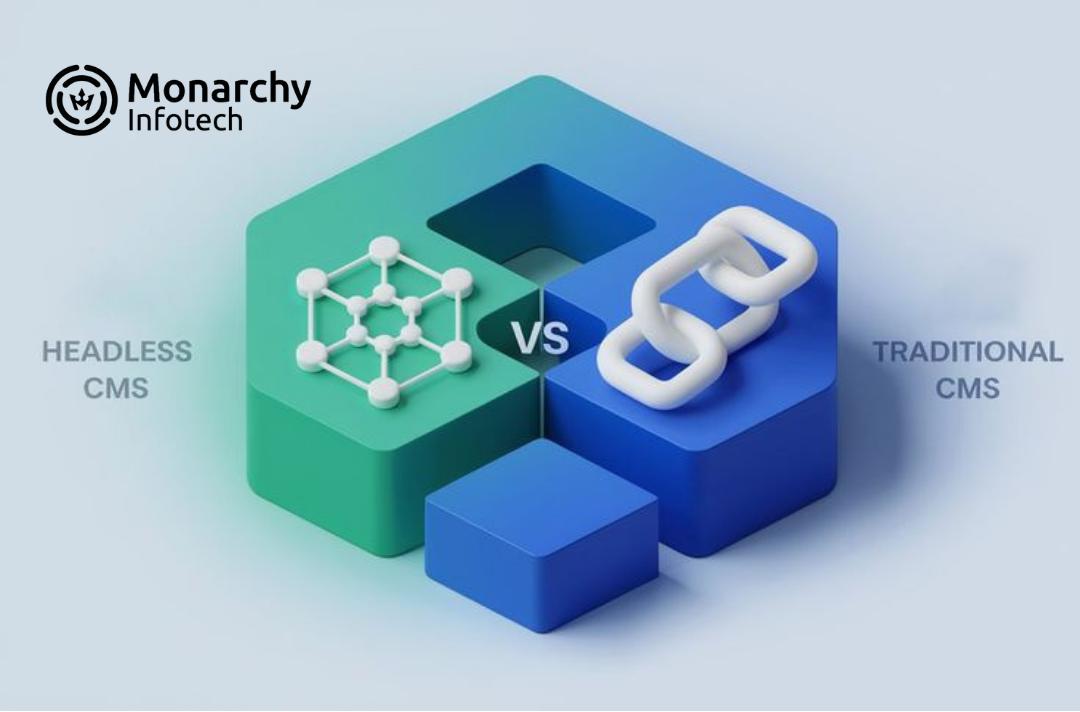By 2025, the wellness and healthcare sector is being revolutionized by AI-based mobile apps. From customized exercise routines and immediate health tracking to smart eating advice and mental health support, artificial intelligence is revolutionizing the way health brands communicate with users. This blog discusses why health startups, fitness instructors, and well-being coaches need to adopt AI-based apps to remain competitive, offer hyper-personalized experiences, and scale their services efficiently. Find out how AI is not only a fad—but a strategic imperative to succeed in the changing digital wellness paradigm.

AI + Healthcare Apps: A Must-Have for Health & Fitness Brands in 2025
AI + Healthcare Apps: An Essential for Health & Fitness Brands in 2025
By 2025, the fitness and health space is not just about exercising, dieting, or wellness plans—it's all about personalization, automation, and real-time interaction, driven by artificial intelligence (AI). Whether you're a health app startup, a fitness coach, or a wellness guide, it's no longer an option—AI is a strategic imperative to integrate into your mobile app.
his post discusses how AI-powered healthcare and wellness apps are revolutionizing the market and why all brands must take this technology onboard to remain relevant, competitive, and effective.
1. Tailored Experiences at Scale
One of the greatest benefits of AI is that it can provide tailored content and services to each user. Through a single app, AI can produce:
- Personalized workout regimes based on user objectives and performance
- Diet plans for medical conditions, food allergies, or lifestyle diets
- Mental health advice based on sleep patterns, stress levels, or mood monitoring
This level of personalization was previously only achievable via 1-on-1 coaching. Today, AI enables it to scale—allowing health brands to reach more consumers without sacrificing quality and relevance.
2. Real-Time Health Monitoring & Feedback
AI-driven healthcare apps can interface with wearables and IoT devices to track:
- Heart rate, sleep patterns, and activity levels
- Blood oxygen levels, stress patterns, hydration, and so on
- Behavior, performance, or recovery trend changes
Using real-time data, the app can provide immediate feedback, recommend rest or changes, and even pick up early warning signs of health problems—enabling users to act when it counts.
3. Smarter Engagement with AI Chatbots
Wellness doesn't end after a workout session or a therapy call. AI-driven chatbots offer
- 24/7 answers to user questions
- Guided meditations or breathing exercises
- Daily encouragement, reminders, and mental wellness check-ins
These bots serve as a digital coach or wellness assistant, keeping people active and cared for between sessions—increasing app retention and trust in the app
4. Improved Results Through Predictive Analytics
AI does not simply respond—it anticipates. Through assessing previous data, behavior, and habits, AI can:
- Notify users of impending health threats
- Suggest preventative lifestyle adjustments
- Tailor workout loads or recovery phases
This predictive capability enables brands to provide wiser care, minimize injury risk, and enhance long-term health outcomes—converting occasional users into devoted advocates.
5. Scalable Growth for Health Startups
For independent coaches and startups, AI facilitates fast scale:
- Automate content distribution, onboarding, and reminders
- Understand usage patterns to improve feature engineering
- Provide premium tiers or in-app purchases based on user requirements
With AI, you can deliver a high-touch experience without requiring a big team—ideal for budget-friendly fast-growing wellness brands.
6. Competitive Differentiation in a Crowded Market
The market for wellness apps is booming—and saturated. To differentiate, your app must do more than record steps or track meals. AI can be your differentiator, enabling you to:
- Deliver smarter, faster, more personalized features
- Develop a unique value proposition for your brand
- Attract partnerships and investors looking for innovation
Consumers in 2025 expect intelligent tech. If you’re not offering it, they’ll find a brand that is.
7. Real-World Use Cases
- A fitness coach uses AI to auto-generate dynamic workouts based on progress and soreness levels
- A wellness startup leverages AI for mood detection and sends daily mental wellness prompts.
- These aren't future ideas—they're genuine, occurring right now, and expanding in 2025.
A health company combines wearables and employs AI to monitor vitals, alerting users before burnout.
Conclusion: AI Is Not the Future—It's the Present





